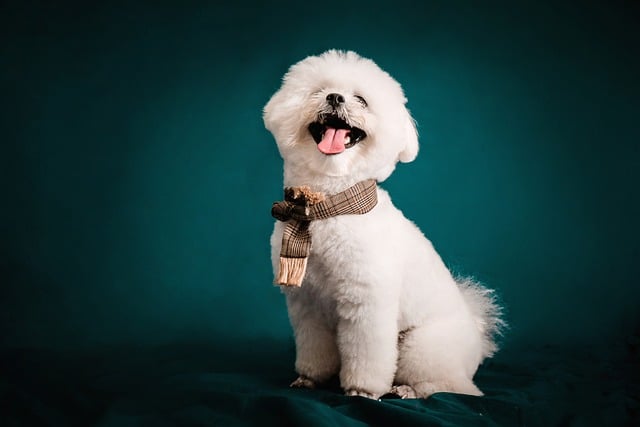
How do i train my dog to be obedient?
Watching your dog dart across the park ignoring your calls isn’t just frustrating—it can put them at risk near busy streets or public spaces.
If you're constantly mopping up accidents and wondering when this phase will end, you're not alone. The journey to reliable potty training feels endless when you're in the middle of it, but most puppies achieve full bladder control and understand where to eliminate between 4-6 months of age. However, "fully" trained depends on your consistency, your puppy's individual development, and how you define success—occasional accidents might still happen until 8 months, especially during excitement or stress.
The biological reality is that puppies simply cannot physically control their bladder and bowels until their nervous system matures. Most gain basic daytime control around 4 months, but nighttime control often takes longer since puppies sleep deeply and their body functions slow down. The training process works through consistent pattern recognition and positive association—when puppies repeatedly eliminate in the right spot and get rewarded, their brain forms strong neural pathways. This is why punishment for accidents is not only culturally unacceptable in modern pet care but scientifically counterproductive; rubbing a puppy's nose in waste or scolding creates fear and anxiety that can actually prolong training by causing them to hide when they need to go.

Your training strategy should evolve with your puppy's capabilities. From 8-16 weeks, take them out every hour while awake, plus after waking, playing, and eating. Use a consistent phrase like "go potty" during elimination, then reward immediately with high-value treats and praise. For apartment dwellers, this means establishing a potty area quickly accessible from your unit, whether that's a balcony with artificial grass or a designated spot near the building entrance. As your puppy approaches 4 months, gradually extend time between outings by 15-minute increments, watching for signals like sniffing or circling. Always clean accidents with enzymatic cleaners to remove scent markers completely—especially important for protecting carpets in rental units.
Your potty training efforts connect to broader responsibilities as a dog owner. Ensure your puppy's vaccination schedule remains current as required by local laws—this protects them when you begin venturing to public elimination areas. When your puppy does their business outside, always carry multiple waste bags and clean up immediately; this isn't just courtesy but a legal requirement in virtually all U.S. and European municipalities. Be particularly mindful in multi-unit housing where shared spaces require extra cleanliness consideration. If your puppy isn't making progress by 6 months, consult your veterinarian to rule out medical issues like UTIs. Remember that patience and consistency—not punishment—create the reliable habits you want, while also strengthening the bond between you and your growing companion.

Watching your dog dart across the park ignoring your calls isn’t just frustrating—it can put them at risk near busy streets or public spaces.

New puppy owners often find themselves rushing to clean up accidents before they set in, and that’s where puppy pad training becomes a game-changer.

If you've noticed your dog's waistline disappearing and your veterinarian has mentioned those few extra pounds, your first instinct might be to simply reduce the amount of food in their bowl.

Training a dog to use a designated spot indoors isn’t as daunting as many new owners fear, but it does take consistency and an understanding of your pet’s needs.

That moment of dread on a walk is all too familiar for many new dog owners. You see another dog approaching down the sidewalk of your neighborhood

If the sight of another dog on your neighborhood walk makes your heart sink as your own dog erupts into a frenzy of barking and lunging, you're not alone.